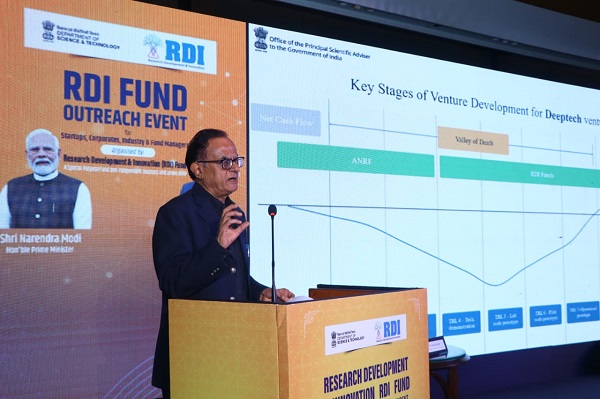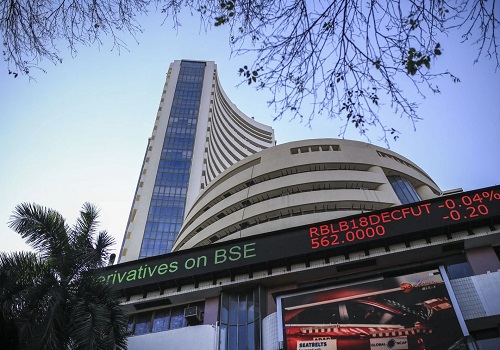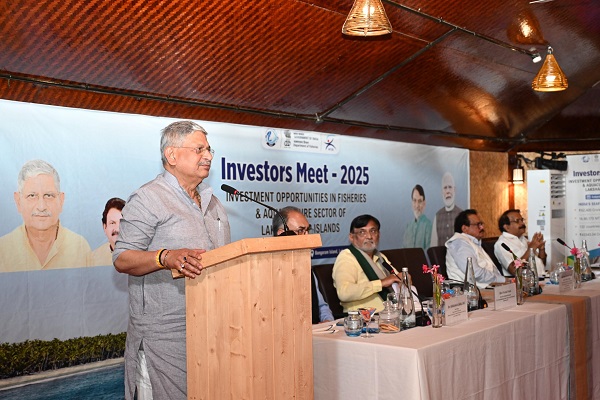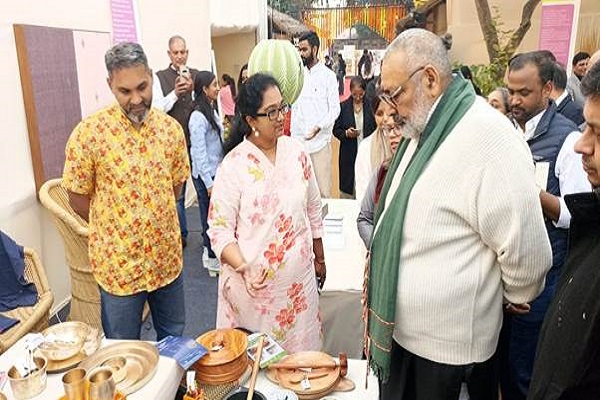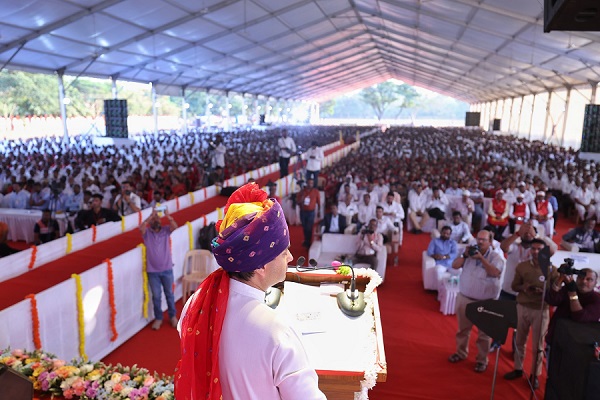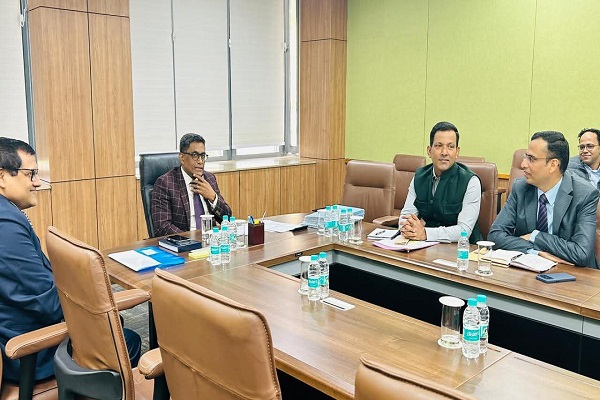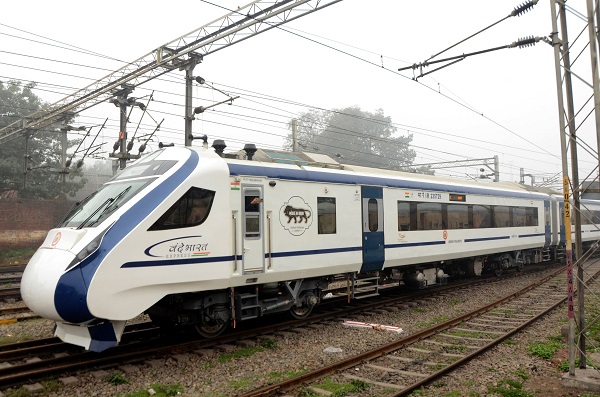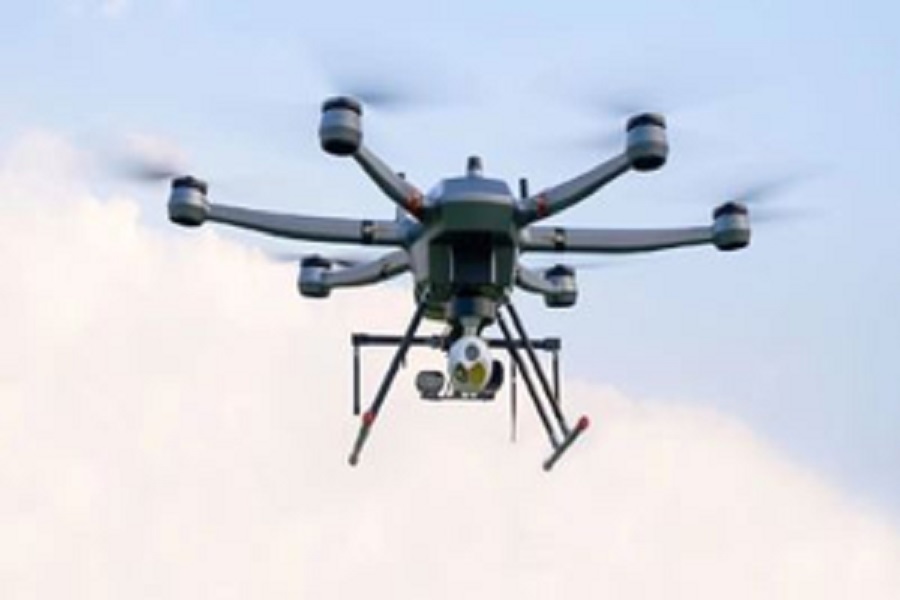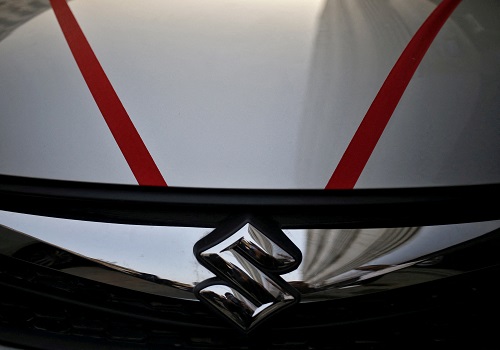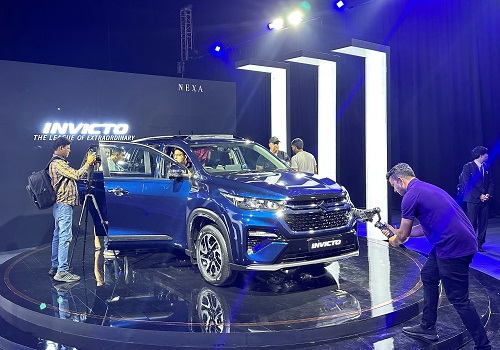India's Tata chooses UK for $5 billion Jaguar Land Rover gigafactory
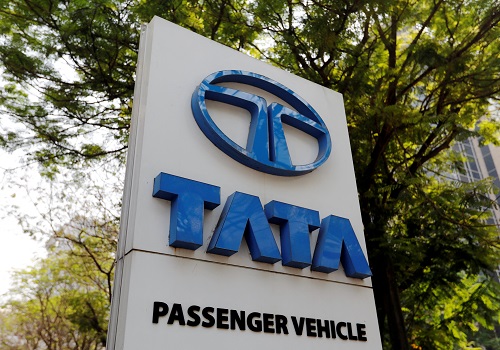
India's Tata Group will build an electric vehicle battery plant in Britain to supply its Jaguar Land Rover factories, delivering a major boost for a UK car industry in need of domestic battery production to help secure its future.
The announcement marks Britain's biggest move in the car gigafactory space as it seeks to keep up with the United States and European Union in the race to develop green industries.
Tata said on Wednesday it would build its first gigafactory outside of India in Britain with an investment of 4 billion pounds ($5.2 billion), creating up to 4,000 jobs and producing an initial output of 40 gigawatt hours.
Prime Minister Rishi Sunak's government declined to detail the financial support it had promised in order to fend off Spain, which had also lobbied to win the project. The BBC said the government would provide subsidies worth hundreds of millions of pounds to Tata.
Britain has lagged European rivals in building electric vehicle (EV) battery gigafactories, with more than 30 planned or under construction across the EU. Britain currently has one small Nissan plant and another in the works.
"This really does move the needle and acts as a massive beacon for the global car industry to say that the UK is back in business," investment minister Dominic Johnson told Reuters.
"Hopefully we're going to be returning to our peak level car production over the next five to 10 years."
The new plant is expected to be built in Somerset, south-west England, while Jaguar Land Rover's UK factories are near Birmingham, in central England, reflecting the need for heavy batteries to be built near their car plants.
Production is due to start in 2026 to supply JLR's future battery electric models, including the Range Rover, Defender, Discovery and Jaguar brands.
With an initial output of 40 gigawatt hours, Britain said the factory would provide almost half of the battery production it needed by 2030. The Faraday Institution predicts Britain will need more than 100 GWh a year by that time.
The announcement comes with Britain at a critical stage in free trade talks with India, and Tata Sons Chairman N Chandrasekaran said the plan strengthened the company's commitment to the UK and thanked the government for working "so closely with us to enable this investment."
LIFELINE
Industry figures welcomed the announcement as a lifeline to a sector that otherwise risked being left behind as other countries offer subsidies to support electric carmakers.
Under net zero goals Britain plans to ban the sale of new petrol and diesel cars from 2030, and under post-Brexit rules automakers will also need to source more EV components locally to avoid tariffs on UK-EU trade from 2024.
Major automakers including Vauxhall-owner Stellantis and Ford warned in May that the looming rules risked making Britain unviable for future investment, prompting the government to say it was trying to ease them.
The failure of an EV startup, Britishvolt, in January also underlined the difficulties of establishing a home-grown industry amid a shortage of suitable sites.
Investment minister Johnson said Tesla's 2019 decision to build its gigafactory in Germany had led the government to decide: "We're never going to let that happen again."
"We were absolutely focused on winning this investment," he said, adding that government support was one of a range of factors in negotiations.
He added that there would be further benefits through the supply chain and from wider interest in the sector.
"As soon as it got out that we may be in the running to win this amazing investment, we started to get some quite interesting inquiries from other companies," he said.
SUBSIDY RACE
Britain has previously expressed concerns over the United States' promise of hundreds of billions of dollars in subsidies for green industries.
Finance minister Jeremy Hunt, who has said that Britain will not go toe-to-toe on subsidies, declined to give details on any UK financial support for Tata but acknowledged Britain's need to attract big projects.
"We're in competition with countries all over the world for these big investments," he said.
Andy Palmer, former CEO of Aston Martin and current chairman of EV battery maker InoBat, told BBC radio government subsidies were needed to keep Britain competitive.
"Almost every car producing nation in the world (is) offering a lot of incentives," he said.
Shares in Tata Motors shares rose nearly 2%, outshining the broader index in India which was up 0.1%.

